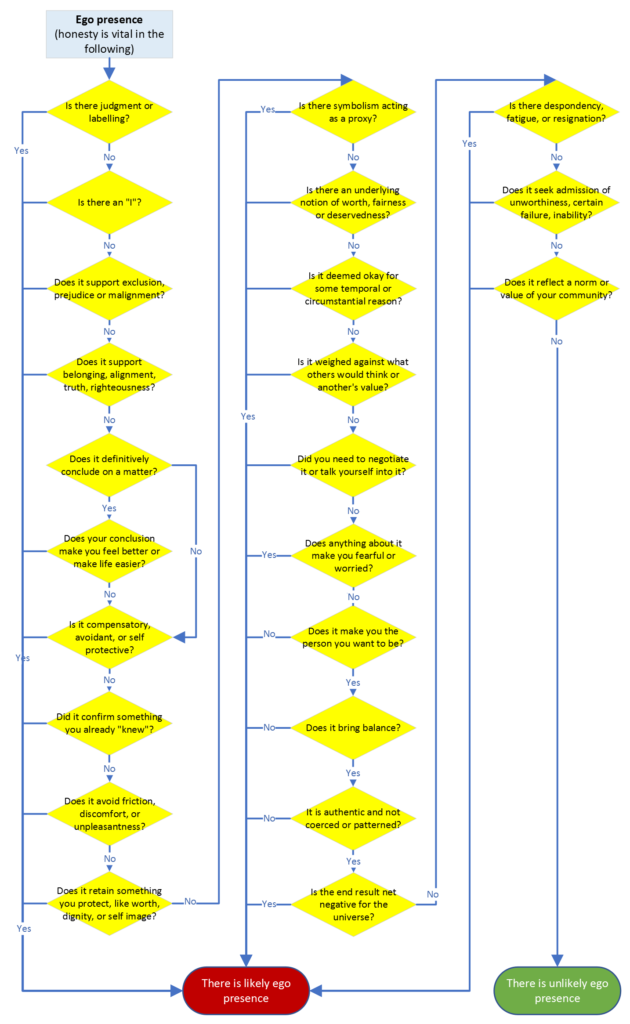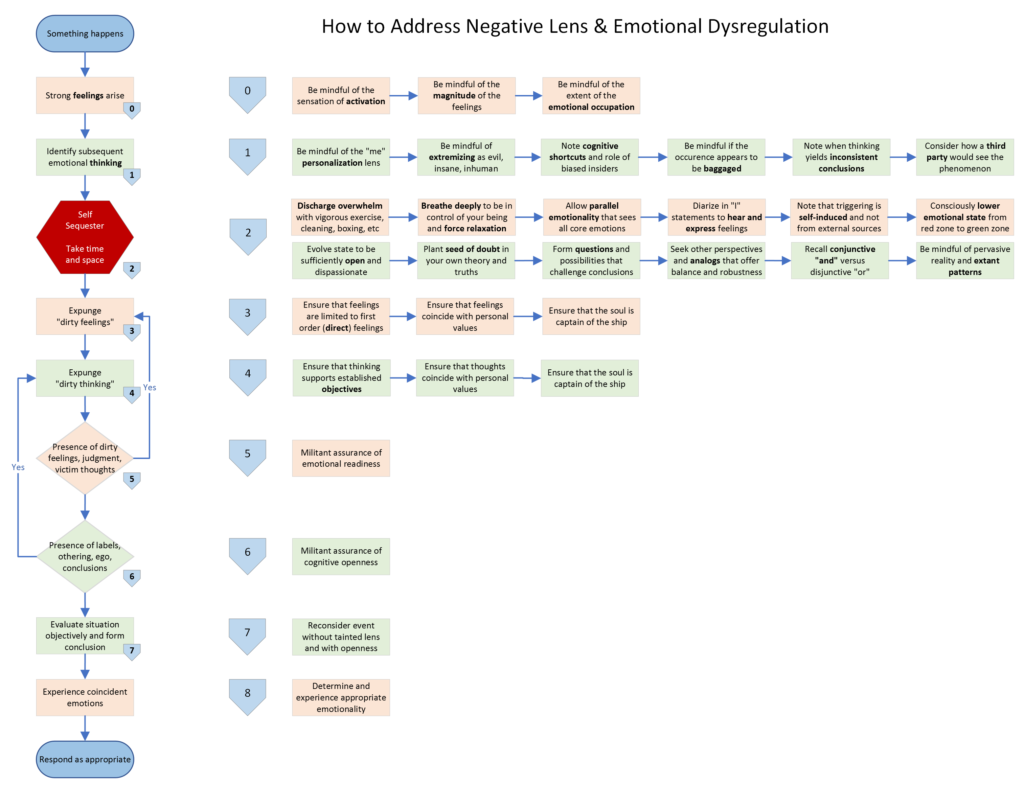There are a lot of folks out there with some pretty terrific stories. One that keeps coming up in my feeds is the 26-year-old who owns 6 properties and is being interviewed for what must be unique savvy and investing acumen. Today’s story pushed me to blogging when my feed was more self congratulation about tremendous weight loss for doing some inane diet.
We are wired to believe that when someone attains something remarkable or enviable, they have something to teach us. Dumas famously said, “nothing succeeds like success.” This is true, but we need to be more discriminating about what comprises success.
We are in a global real estate bubble that has rewarded property owners with two-year returns ranging from 35% to many multiples of the purchase price. Money has been essentially free, with many trillions of dollars printed and borrowed and flooded into most economies. So whether you held property or aluminum or used cars, every one of those things has gone up a lot in value. Does a once-in-a-lifetime pandemic-response of (irresponsibly) flooding every economy with oceans of cash make every holder of property a genius? No, it actually is the opposite. If the world is sick and businesses and consumers are in lockdown for a year, and you are stupid enough to leverage yourself to the tits, you were rewarded for your stupidity and greed with luck. Is there something to be learned here? Of course. Never listen to this person because (a) they now are dangerously emboldened by their own investment prowess despite having none, and (b) they will spout advice that is irresponsible and harmful. Luck is not success, and when someone wins the lottery, only a fool thinks that they have a technique that can be learned.
Back to our dieter who lost over 100lbs. This is remarkable that someone lost so much weight, yes? Actually, it’s not. When someone is carrying a lot of extra weight, the body has to burn a lot of extra calories just to move around. Gaining an extra 100lbs, for those without a medical condition, is a feat that requires years of overeating. It is a lifestyle that consumes the diet of 2 or 3 people to achieve and to maintain. So our savvy dieter merely needs only to eat like one person and they will lose weight with no restrictions at all, no exercise, nothing. This is not a special diet and is not a secret that needs to be shared. If they did use a special diet while losing the weight, that improperly correlates the diet with the weight loss that would have occurred regardless once a more sensible quantity of food was chosen. Is eating a responsible quantity of food “success”? Probably not one you’ll see on motivational posters any time soon.
I’ve never been a fan of the notion that a long marriage is a successful one. I’ve met lots of people who were married for lots of years and they were miserable. Not all, but enough to know that they stayed together because they believed that long marriages are “successful” ones irrespective of the lived experience.
Remember that correlation does not mean causation, and for most everything, there are other reasons why things happen. Be healthy in your skepticism to try to see where overly simplistic models mislead us into finding causal relationships, which hopefully prevents us from worshipping these false idols of success.







